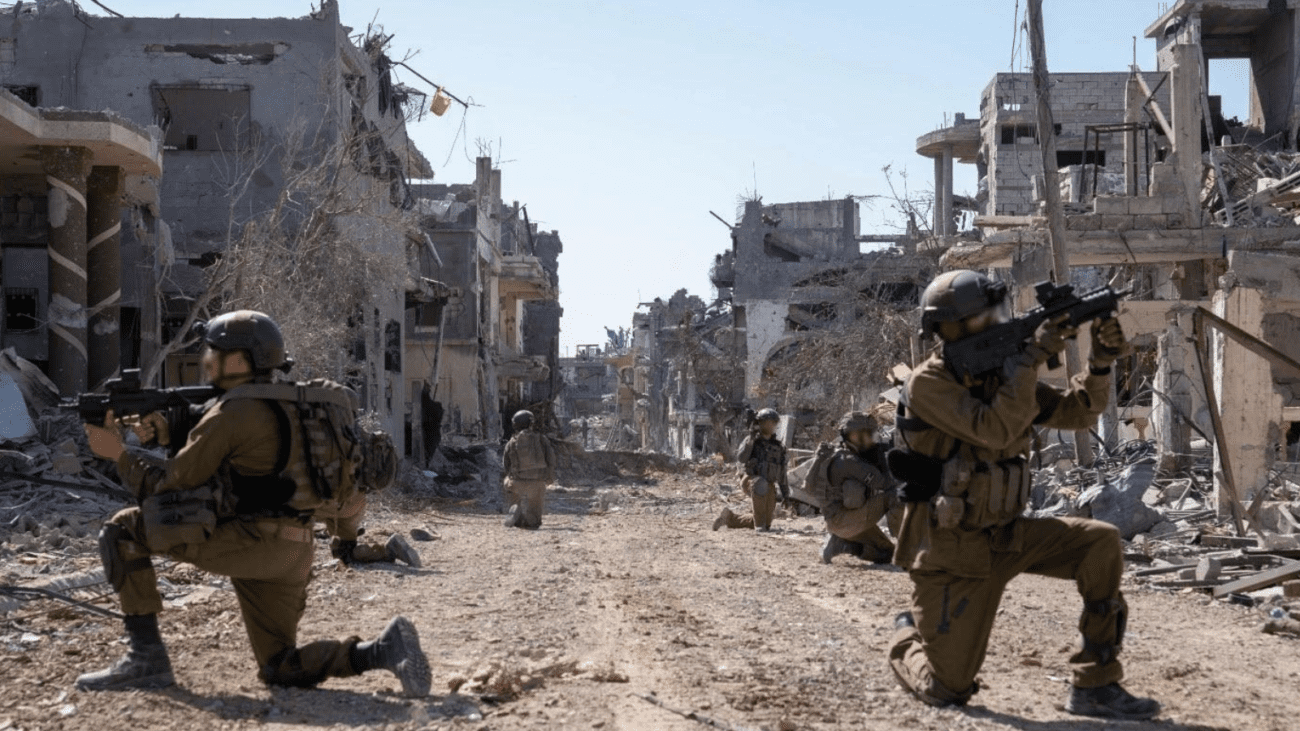Israeli Brutality in Gaza: Challenges in Negotiations and the Path to Peace


At the time this article is being disseminated, the world watches and wonders how Israel and militants in Gaza might manage a cease-fire, as Israel’s brutal actions in Gaza, against civilians, become a stumbling block in the progress of the cease-fire negotiations.
Escalating Violence and Humanitarian Crisis
If next time they dropped a thousand tons of bombs on a dense urban area, they’d have a million people killed? The latest violence in Gaza – more than 40,000 Palestinian casualties on the ground according to Gaza’s Ministry of Health – has blown up buildings and urban areas with Israeli airstrikes. The civilian toll has been massive. The suffering has drawn criticism around the world, and made the negotiations more intractable. The dead civilians are now a rallying point for people who want the violence stopped, and they ‘want Israel to pay’ for the violence.
Pressures on Both Sides
Then there are the mounting pressures to arrange a cessation of fighting. For Israel, the passage of time and intensive pressure from the international community makes the continuation of the military campaign more and more difficult. More and more people around the world want to know who’s to blame for killing an accelerating number of civilians in Gaza. For Hamas, pressure on the organisation’s leadership seems to mount daily – from people in Gaza as well as the international community.
Meanwhile Israel’s Prime Minister, Benjamin Netanyahu, is under huge pressure, both from the Israeli public and the wider international community, to land a deal that could deliver peace. But his own hardline approach – as well as the presence of hardline Far-Right allies in his coalition – means he’s been unwilling to compromise. Netanyahu’s insistence that Israel be allowed to maintain its military presence at Gaza’s border with Egypt, supposedly to stop arms smuggling, has been one of the major sticking points in negotiations.
For its part, Hamas claims that Israel is stalling for time by negotiating, and that Israel’s terms for an end to the offensive are unwarranted abuses of innocent people.
The Role of International Mediators
International mediators – mostly the United States, Qatar and Egypt – have invested a great deal into negotiations, attempting to veer both sides away from the brink of an all-out round of violence. The savagery in Gaza makes that task all the harder. It makes it difficult for the mediators to convince either side to come back to the table in good faith.
In this way, the US endeavours to reduce exchanges of rockets for air strikes and sustain a sense of stability in the region – which, making concessions on Jerusalem issues, has been a longstanding US goal. Yet Biden’s administration has also faced backlash for not doing enough to ensure that Israel is held accountable for what happens in Palestinian-occupied Gaza. These mixed messages amount to a steadying hand to Israeli policy while seeking to reassure Arabs that the US remains committed to their aspirations for statehood. This may create an image of American mediators who are not doing enough, however.
Challenges Ahead
The fact that the Palestinians trusted the Israelis to be there, and the reverse, is one of the negoti already, mutual alienation runs so deep that the constant military operations, enforced by Israel’s ground offensive in Gaza and Hamas rocket assaults on Israeli towns, make it harder for civilians to look beyond brutal, often helpless human losses.
A thorny question is how to deal with hostages and prisoners. Israel doesn’t want to free large numbers of Palestinian prisoners in exchange for hostages, as that would embolden Hamas but, on the other hand, Hamas doesn’t want to agree to a ceasefire unless it scores big achievements such as the lifting of the siege on Gaza and withdrawal of Israeli forces.
Conclusion: The Path to Peace
While the conflict’s present is an open wound, the basis for a peaceful future for Gaza exists, although it will be long, painful and difficult. It is undeniable that foreseeing the conduct of others is hazardous, especially on such a polarised issue as that between Israelis and Palestinians. But in my view, if both sides are willing to make painful compromises in a meaningful way, then there is a possibility of progress. During the most recent round of negotiations in Cairo, after the July ceasefire, the international mediators were more serious and well-prepared than at any point in the past, and they were willing to remain in town until a final agreement was reached. However, it is still an open question as to whether Mahmoud Abbas of the Palestinian Authority and Benjamin Netanyahu of Israel are serious about a solution and willing to enable everyone else — both their own citizens and Hamas in Gaza — to get the yearned-for thing that no side is willing to give up: peace.
We can only hope that, as the meetings continue, the world’s leaders will heed the lives of innocent civilians and discover a path to peace instead of more bloodshed.
Sources :https://www.bbc.com/urdu/articles/c62rjzj90ddo
Read More News here :https://whatshappening.pk/nawaz-sharif-electricity-relief-package-punjab/







